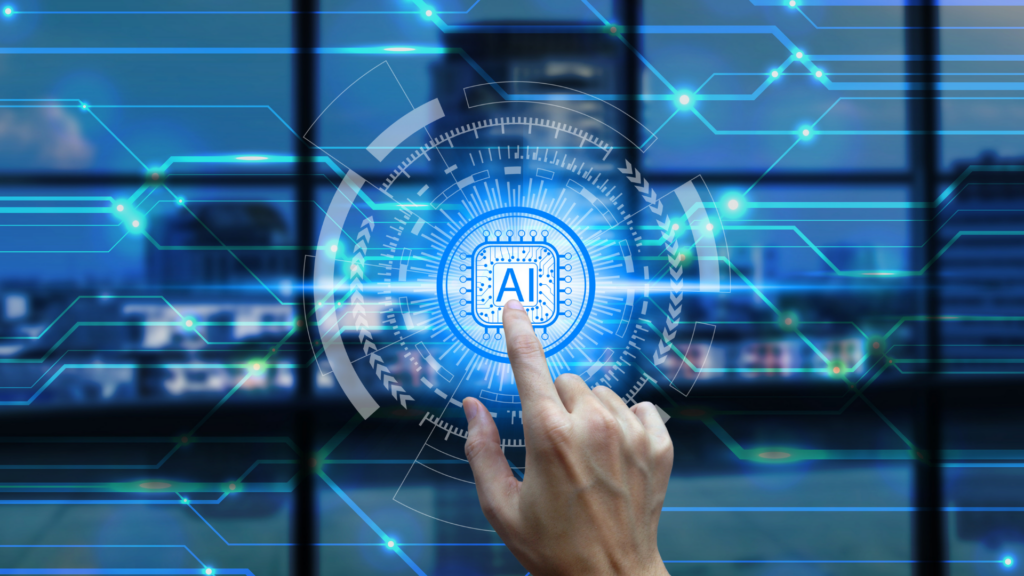The United States Copyright Office published “Part 3: Generative AI Training” of its report on Copyright and Artificial Intelligence.
In the European Union, copyright & artificial intelligence remained a top priority through multiple initiatives. A consultation by the EU AI Office on the Guidelines on General-Purpose AI models, a non-binding instrument that “will clarify key concepts underlying the provisions in the AI Act”, ended on 22 May. The EUIPO published a study on the “Development of Generative Artificial Intelligence from a Copyright Perspective”, acknowledging that “access to high-quality content is central to the development of GenAI services”, while recalling that the “the capacity for copyright holders to effectively reserve their rights is a pre-requisite for the licensing market to develop” and underlining that “public authorities, such as national IP authorities and the EUIPO, may play a role by providing technical support (for copyright holders to reserve their rights, and for AI developers to effectively respect such reservations) as well as non-technical support”. On 23 May the European Commission announced a new consultation, seeking views on the use of data to develop AI, aiming at “simplifying the rules that apply to data and on international data flows to inform the forthcoming Data Union Strategy.”
In Germany, in the context of Creators for Europe United, Börsenverein des Deutschen Buchhandels is coordinating an open letter to the EU Commission calling for clear rules and protection mechanisms for dealing with artificial intelligence, which has gathered more than 10.000 signatures thus far. The European coalition of creative and cultural sectors organizations (including IPA members FEP and STM) continued to raise awareness of policy makers about the urgency to #StayTruetotheAct at an event on 20 May in Brussels.

